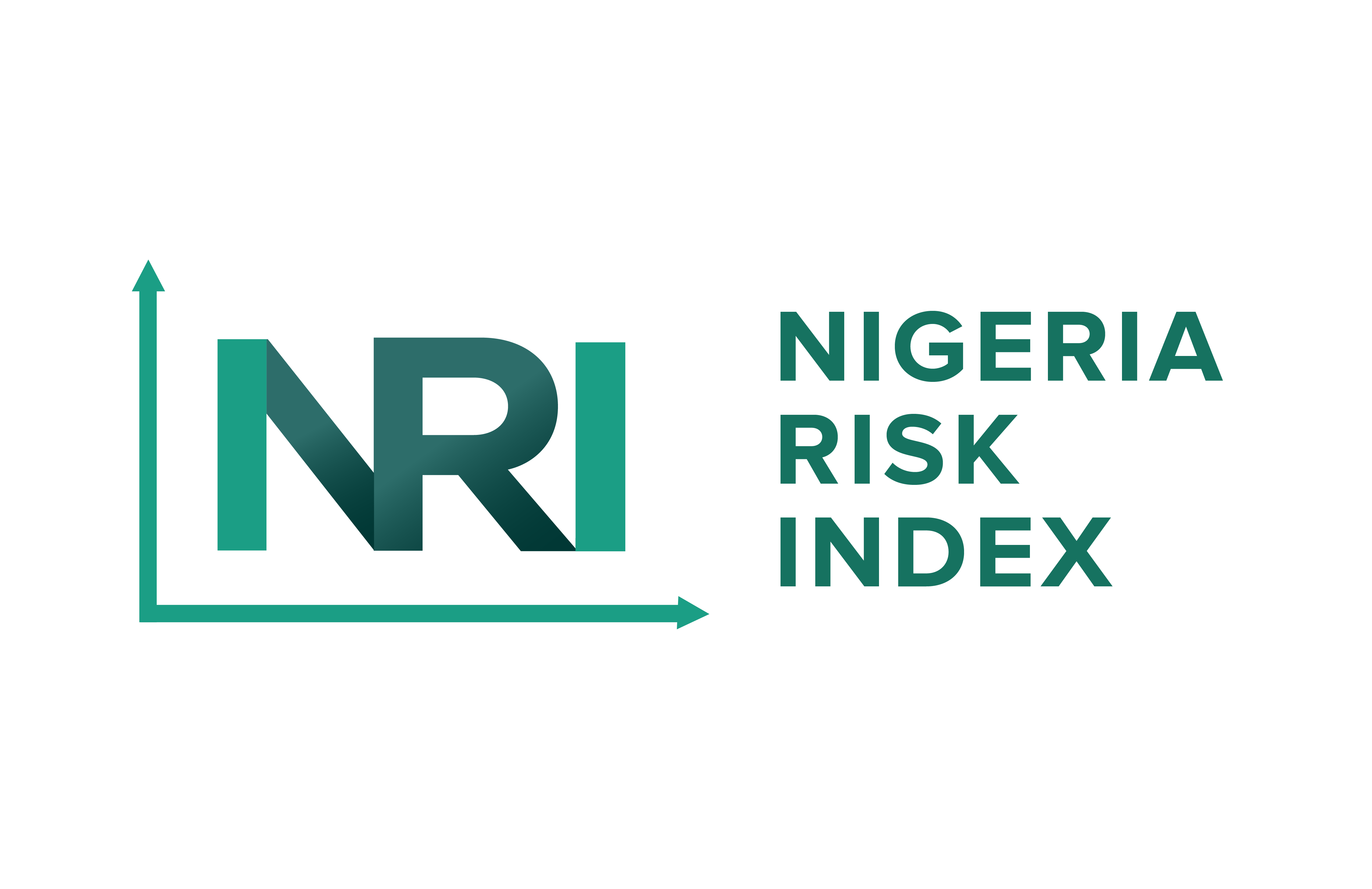Insights
The recent friction between Dangote Petroleum Refinery and Nigeria's independent oil transporters, notably the Petroleum and Tanker Drivers (PTD) branch of the Nigeria Union of Petroleum and Natural Gas Workers (NUPENG), represents a pivotal moment in the country's downstream energy sector. This dispute has pitted a forward-looking industrialisation agenda against the established interests of a major segment of the distribution value chain. At its core, the conflict revolves around Dangote's strategic decision to bypass traditional distribution networks by deploying a massive fleet of Compressed Natural Gas (CNG)-powered lorries to deliver refined products directly to retailers and bulk consumers.
The independent unions, including NUPENG and other associations like the Nigerian Association of Road Transport Owners (NARTO), view this move as a direct threat to their livelihood. Their concerns are not merely about competition but about the potential for widespread job losses and the rendering of their assets - a fleet of over 30,000 diesel-powered tankers - stranded. They argue that this new distribution model, which includes a 'free logistics' offer, is a predatory practice designed to create a monopoly and force them out of business. Furthermore, a central point of contention has been Dangote's alleged anti-labour practices, including attempts to prevent new drivers from unionising, which the unions see as a violation of fundamental workers' rights enshrined in Nigeria's constitution and international labour laws. The unions insist that whilst they support the success of the refinery, a national asset, they must also be allowed to succeed alongside it, maintaining their role as the backbone of the country's distribution network.
Conversely, Dangote's rationale is driven by a focus on cost efficiency, lower emissions, and a broader vision of modernising the fuel supply chain. The company's investment in 4,000 CNG-powered lorries is part of a plan to save trillions of naira annually in distribution costs, savings it claims can be passed on to consumers through lower pump prices. The use of CNG is also a strategic pivot towards a more sustainable and environmentally friendly logistics model, aligning with global trends towards cleaner energy. Dangote refutes claims of union suppression, stating that it respects workers' rights to unionise and that its new initiative is expected to create tens of thousands of new jobs, far from eroding livelihoods. From the refinery's perspective, this is a necessary step to eliminate the systemic inefficiencies and parasitic roles played by middlemen that have long plagued Nigeria's downstream sector. The refinery's direct-to-retailer approach is intended to ensure product availability, curb smuggling, and stabilise prices across the country.
Risks, Government Response, and Implications
The potential risks of this dispute to Nigeria's economic stability are significant and multifaceted. A prolonged standoff, as evidenced by recent industrial actions, could severely impact Nigeria's fuel supply. Whilst the Dangote Refinery has a monumental capacity, it does not yet meet the country's entire demand, and disruptions to the existing distribution network could lead to artificial scarcity, particularly if the PTD resumes a nationwide strike. Such shortages, coupled with the reliance on black market vendors, would inevitably fuel inflation, raising transportation costs for goods and services across the economy and compounding the existing economic hardships faced by the average Nigerian. The government's policy response has been one of mediation, with key agencies like the Ministry of Labour and Employment and the Department of State Services (DSS) intervening to broker a truce. However, the fragile nature of these agreements, as seen in the recent collapse of a Memorandum of Understanding, highlights the government's delicate position. It must balance the strategic national importance of the Dangote Refinery with the need to protect the rights and livelihoods of a powerful and well-organised labour force.
For businesses and investors, the implications are clear and require careful consideration. The dispute underscores the significant market risks associated with investing in Nigeria's energy sector. The political economy of fuel distribution remains complex and subject to disruption from powerful vested interests. Whilst the Dangote Refinery represents a promising model of private-sector-led growth, its inability to navigate the labour relations landscape effectively can lead to operational setbacks and reputational damage.
For investors, this situation serves as a cautionary tale: the Nigerian market, whilst offering immense potential, is not just about capital and infrastructure; it is also about stakeholder management and understanding the entrenched power dynamics. Due diligence must extend beyond financial projections to include a thorough assessment of labour and social risks. For businesses that rely on fuel for their operations, the risk of supply chain disruption remains high. They should consider diversifying their fuel sourcing, exploring alternative energy options like CNG, and building more resilient logistics plans.
The broader message is that the future of Nigeria's energy sector will be shaped not just by economic models and technological innovation, but by the ability of key players to engage constructively with all stakeholders, including unions, to forge a more inclusive and stable industrial environment.

The Risk Control Team
Related Blog Posts
- GENOCIDE OF CHRISTIANS – IS NIGERIA GUILTY AS CHARGED?
- Is Nigeria under President Tinubu’s Administration, Finally Controlling Its Economic Risks?
- Northern Nigeria’s Peace Deals With Bandits: Truce or Time Bomb?
- Nigeria’s Mandatory Taxpayer Identification Number (TIN)Policy
- Land Administration in Nigeria: Unpacking Federal-State Controversies
